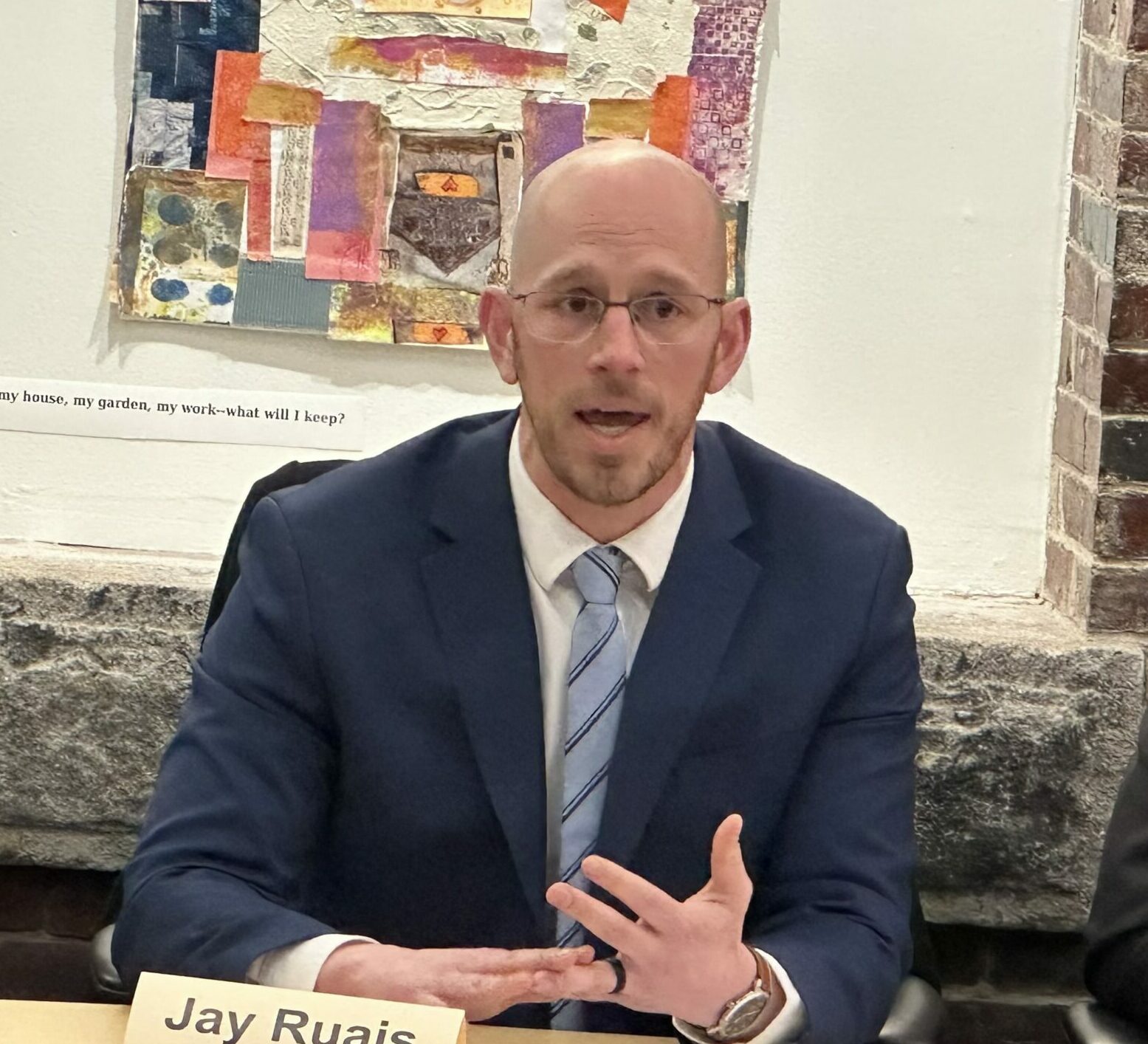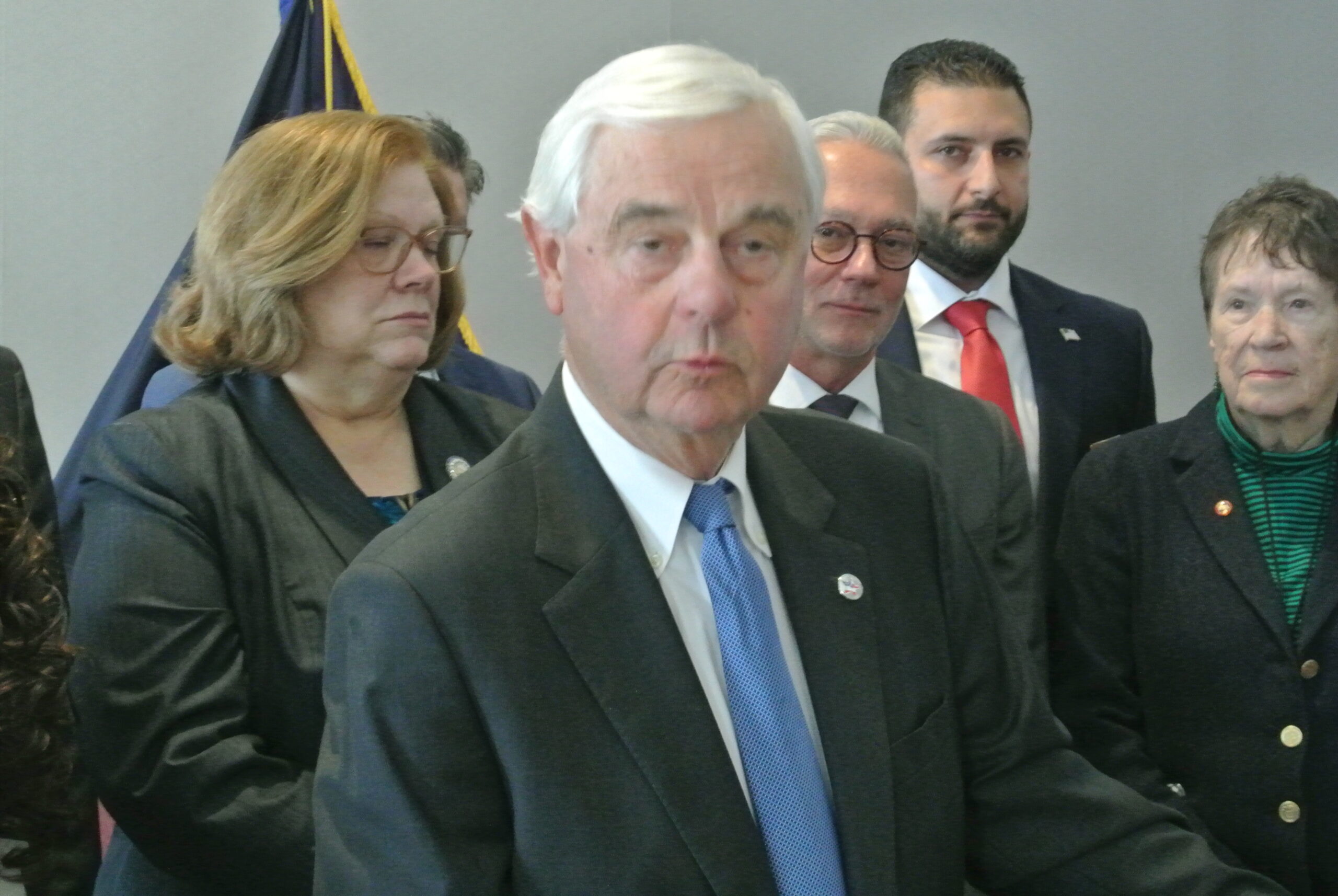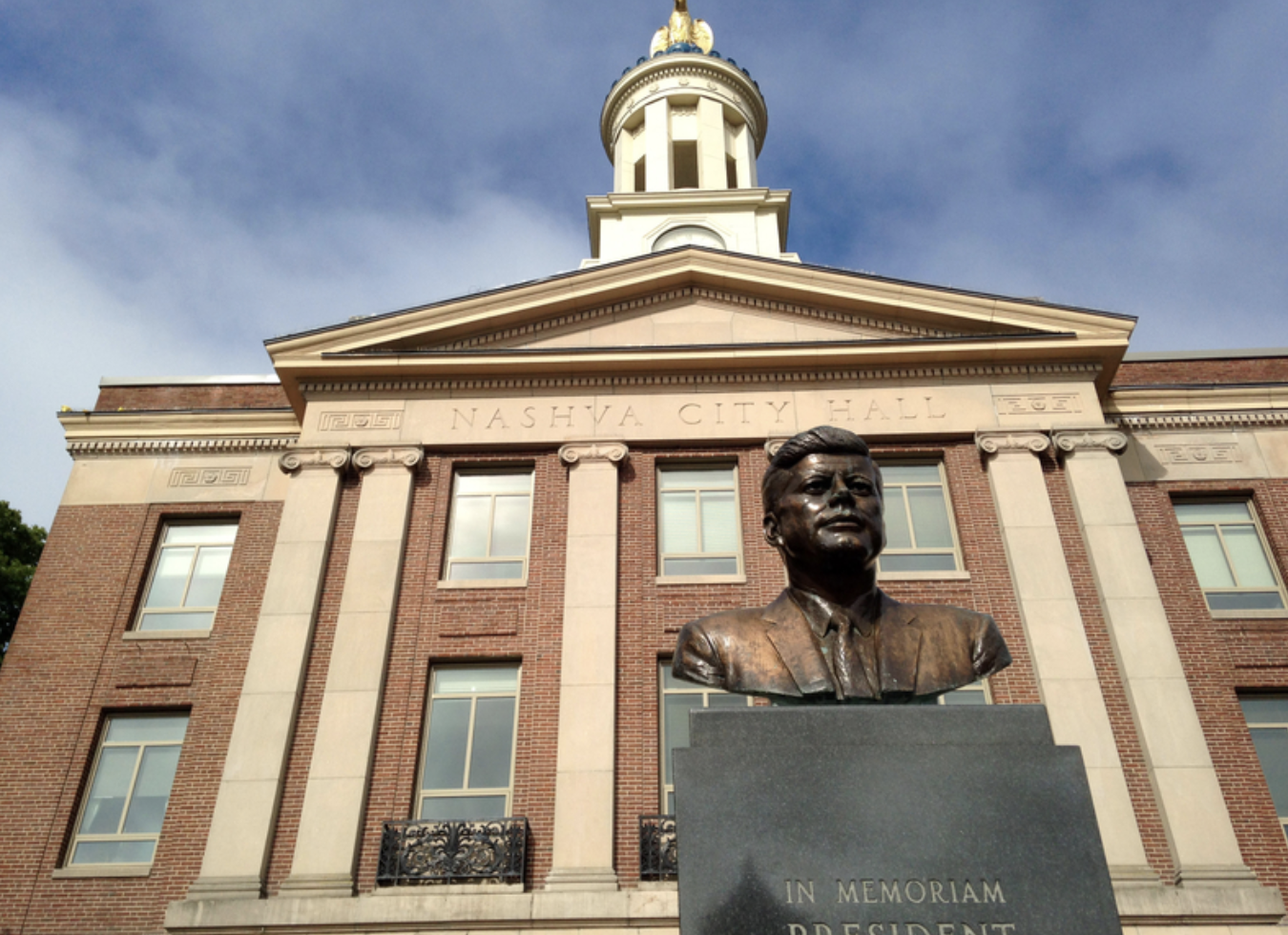Manchester’s Combative Homelessness Czar Resigns Before Hearing

Hours before her termination hearing in front of Manchester’s Board of Aldermen, Housing Stability Director Adrienne Beloin took a deal to resign her post and end her public spat with elected officials.
Beloin walks away with a $57,000 payment, according to sources, after she spent weeks trashing board members in public when they began questioning her management of the city’s Beech Street shelter. Aldermen complained about Beloin’s condescending answers to their questions and her refusal to follow the board’s guidance.
When asked for comment, Mayor Jay Ruais’ office released a statement: “The personnel matter has been resolved, and the mayor has received Ms. Beloin’s resignation effective tomorrow, April 12, 2024. The mayor will not be commenting on personnel matters.”
Beloin refused to accept the board’s policy and said it lacked the necessary experience to set the agenda for her department.
“I know it’s very hard for you to understand what the work is that we’re doing, because this is not your field of work,” she told Aldermen at a public meeting last week.
Beloin doubled and tripled down, going to the media and blasting the board for pushing her out and claiming it lacked the expertise to instruct her regarding homeless policy.
At one point, she claimed the board giving her an office in the Beech Street shelter was retaliation.
Beloin’s lack of a permanent office in city hall was something she wanted corrected, but apparently balked when given an office in the shelter she oversaw.
While Beloin tried to turn the controversy into a personal issue between herself and individual board members, a source close to the negotiations told NHJournal the real problem came down to policy.
It was Beloin’s refusal to be accountable to elected leaders and to follow their policy directive that ultimately ended her tenure.
“This isn’t personal; it’s policy. She refused to do what the board wanted. What else were they supposed to do?” the source said.
Another city insider told NHJournal Beloin was protected by former Mayor Joyce Craig, who kept her away from aldermen who questioned how she did her job.
According to a report by the Union Leader, Beloin’s settlement included $27,064.36 in wages, $25,000 for compensatory damages, and $5,000 for attorney fees.
Manchester’s homelessness crisis, and Craig’s mishandling of that crisis, is seen as a primary reason for Ruais’ win in the mayoral race last year. The Republican ran on a promise of fixing the problem.
Beloin is now the city’s second Housing Stability Director to leave since the position was created a few years ago. The first director, Schonna Green, suddenly quit in 2022 after about a year and a half on the job, citing personal reasons.
Manchester’s homelessness crisis peaked in the winter of 2023 when a homeless woman gave birth to a child at an outdoor camp, and two people died in their tents. Homeless camps dominate parts of Manchester’s downtown, and those camps account for at least half of the city’s opioid overdose calls.






